Is Trump planning airstrikes on Venezuela?
A report quoted a source familiar with the situation as saying that the administration is planning to take out military installations inside Venezuela used for drug trafficking.
Officials say this will likely send a message to Venezuelan leader Nicolás Maduro that it is time to step down. The US has previously targeted boats, which it alleges are ferrying drugs, in the region.
But what do we know? What do experts think?
Let’s take a closer look:
What we know
According to the report, the strikes could occur in days or even within hours. Sources said the idea is to target key military facilities used by the cartels and take aim at its leadership. Targets could comprise ports, naval bases, airstrips under military control that are participating in the narcotics trade.
The US has claimed that cartels send 500 tonnes of cocaine to America and Europe every year. They have alleged that top members of Maduro’s administration are involved with the Soles cartel. The US has accused Venezuela of acting as a ‘transit hub’ for drugs. It claims it shows elements of being a ‘Narco state’.
“Maduro is about to find himself trapped and might soon discover that he cannot flee the country even if he decided to,” a source told the Miami Herald. “What’s worse for him, there is now more than one general willing to capture and hand him over, fully aware that one thing is to talk about death, and another to see it coming.”
Officials say no final decision has been made by President Trump.This aligns with what sources told CNN last week, when it was reported that Trump is mulling targeting Venezuela’s cocaine facilities and drug trafficking. However, it was also reported that diplomacy ‘hasn’t been ruled out’. They, however, said Trump was in no rush to make such a decision.
The US has deployed sailors and warships including the USS Gerald R Ford, the world’s largest aircraft carrier, to the region. Pentagon press secretary Sean Parnell wrote on X that the deployment of the USS Gerald R Ford and its strike group and its associated air wing was meant to “dismantle Transnational Criminal Organizations and counter narco-terrorism.”
The US had also deployed around 10,000 personnel, F-35 fighter jets and MQ-9 Reaper drones to the region. Trump had also authorised the CIA to conduct covert operations in Venezuela. He, however, denied that he had deployed B-1 bombers in the region.
Though the US Constitution requires that Trump get a declaration of war from Congress, the president has dismissed such concerns.
“I’m not going to necessarily ask for a declaration of war,” Trump said. “I think we’re just going to kill people that are bringing drugs into our country. Okay? We’re going to kill them, you know, they’re going to be like, dead.”
Maduro, who has accused the US government of waging “a new eternal war” against him, has remained defiant. The Venezuelan leader has vowed to mobilise millions if America declares war against him. He has also warned that the country has over 5,000 Russian-made anti-aircraft weapons that have been positioned strategically.
What do experts say
Experts, who previously questioned the legality of such strikes by the Trump administration, say such a planned attack by the US finds little justification under international law. They say the armed use of force would only be justified by an ‘armed attack’ within the United States.
Salvador Santino Regilme, a political scientist who leads the International Relations programme at Leiden University, told Al Jazeera that even the strikes against “drug traffickers” near Venezuela “appears legally untenable”.
“Unless Washington can prove that the targeted actors carried out or imminently threatened a large-scale armed attack attributable to Venezuela, these actions risk violating the charter’s core prohibition on the use of force and undermining another state’s territorial integrity.”
Experts aren’t convinced by Trump’s claims of Maduro being a narco-terrorist. Many suspect the administration is attempting to enact long-awaited regime change in Venezuela, which is home to the world’s largest oil reserves. Hegseth has played coy on the subject, telling Fox News “well, that’s a presidential decision”.
Experts fear that strikes on Venezuela could only create a ‘rally around the flag’ effect and harden the military and people’s backing for Maduro. They are also concerned that Venezuela’s allies including Russia, Iran and Cuba could lend its arms and ammunition in case such a conflict breaks out. They warn that this risks the US being drawn into a drawn-out and perhaps even bloody confrontation.
Russia earlier this week sent a heavy-duty cargo plane to Caracas, while Iran has provided Venezuela with drones and technicians over the years. Cuba has intelligence and internal security advisers embedded with Venezuela’s military. The Venezuelan opposition, meanwhile, continues to be fragmented after a brutal crackdown by Maduro.
Experts say the Trump administration has ushered in a paradigm shift.
Ryan Berg, director of the Americas program at the Washington-based Center for Strategic and International Studies, told Air Force Times, “This is a United States that sees security differently.”
“They’ve just demonstrated the ability to use deadly force in the Western Hemisphere, and they’ve already told Mexico that they’re going to do the same thing on Mexican territory if they don’t get the level of cooperation that they want.”
With inputs from agencies


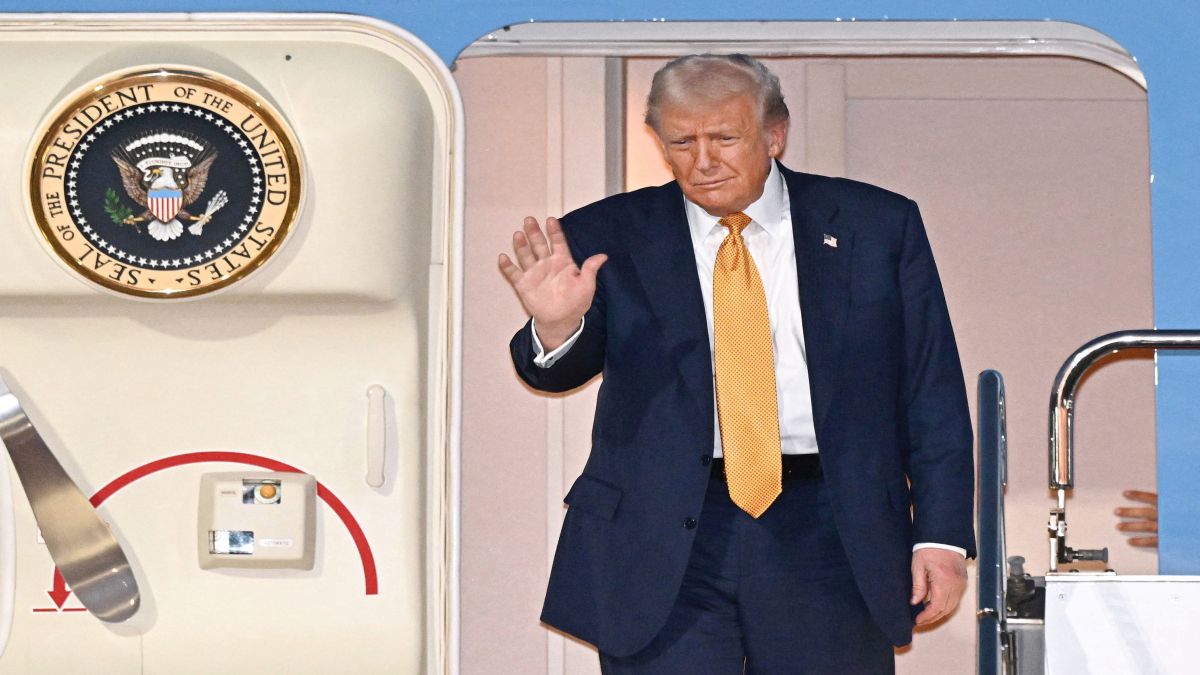)
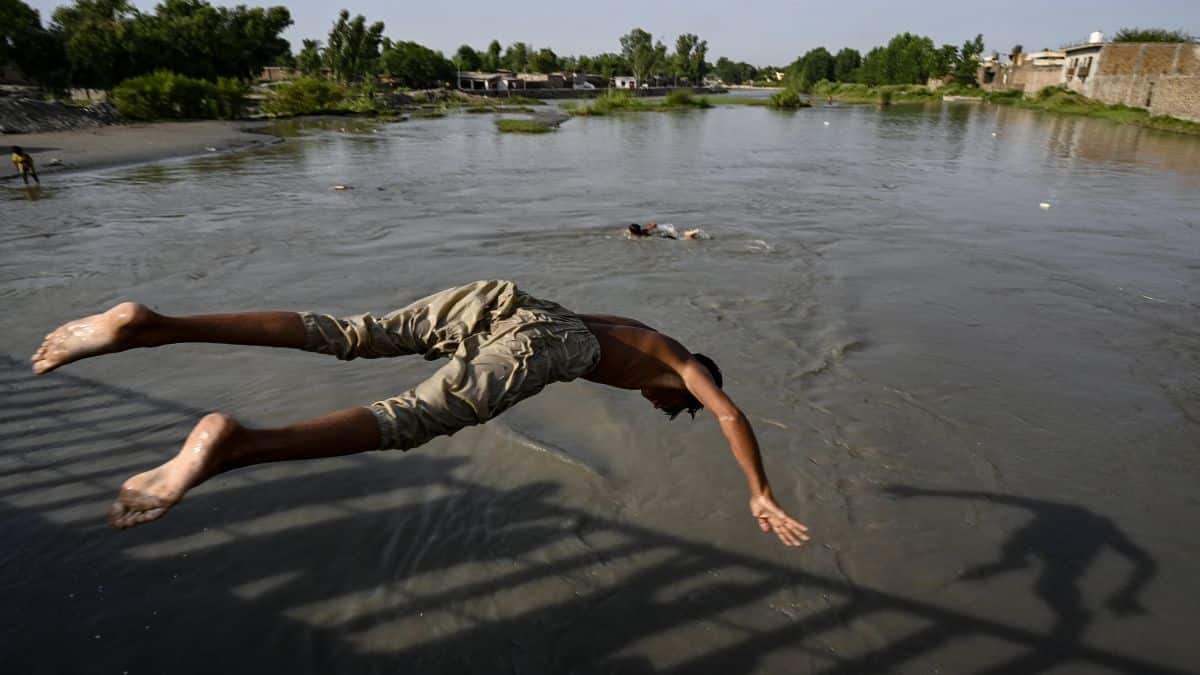
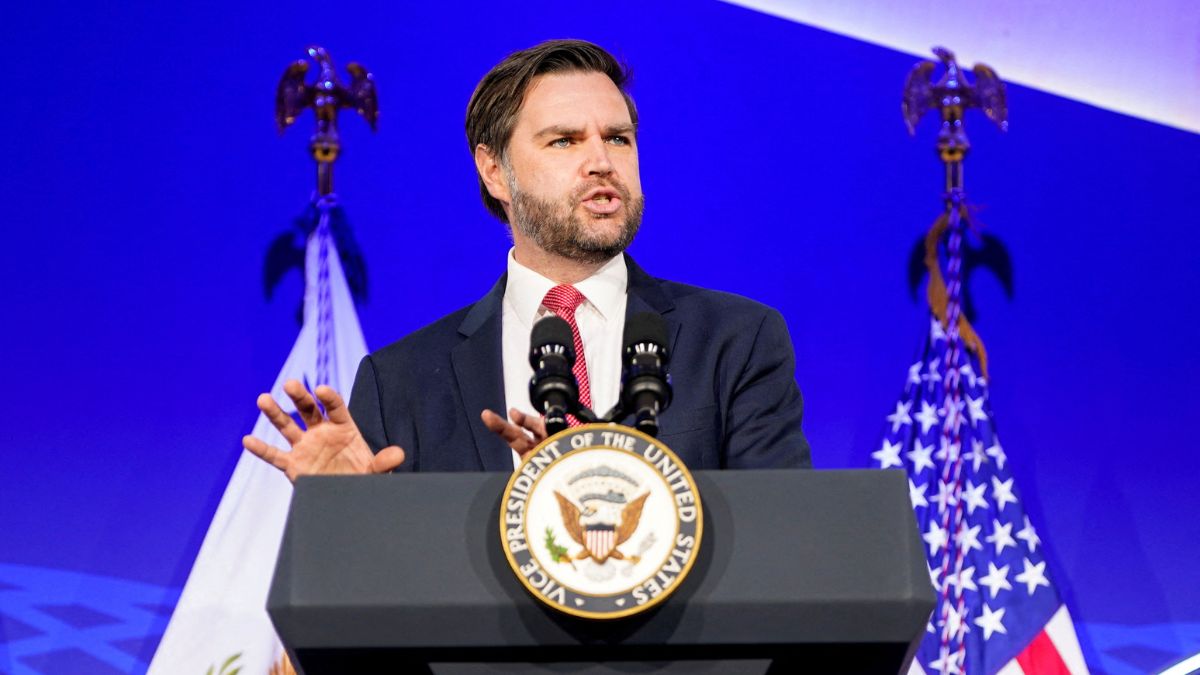)
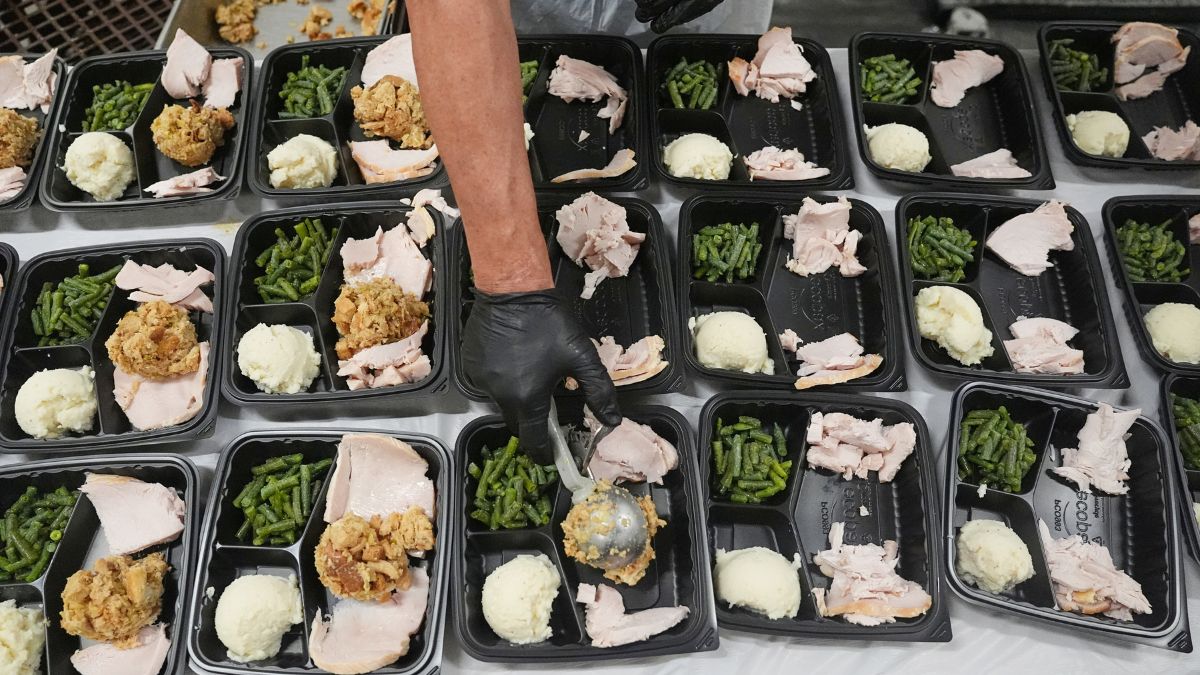)
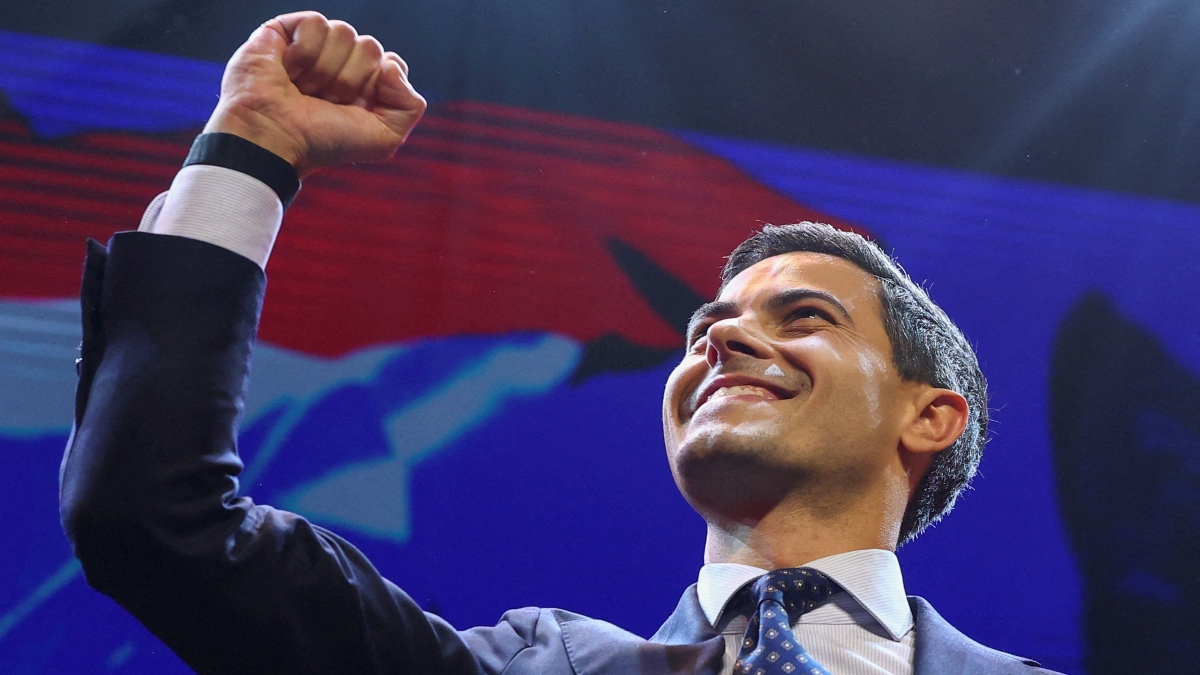)
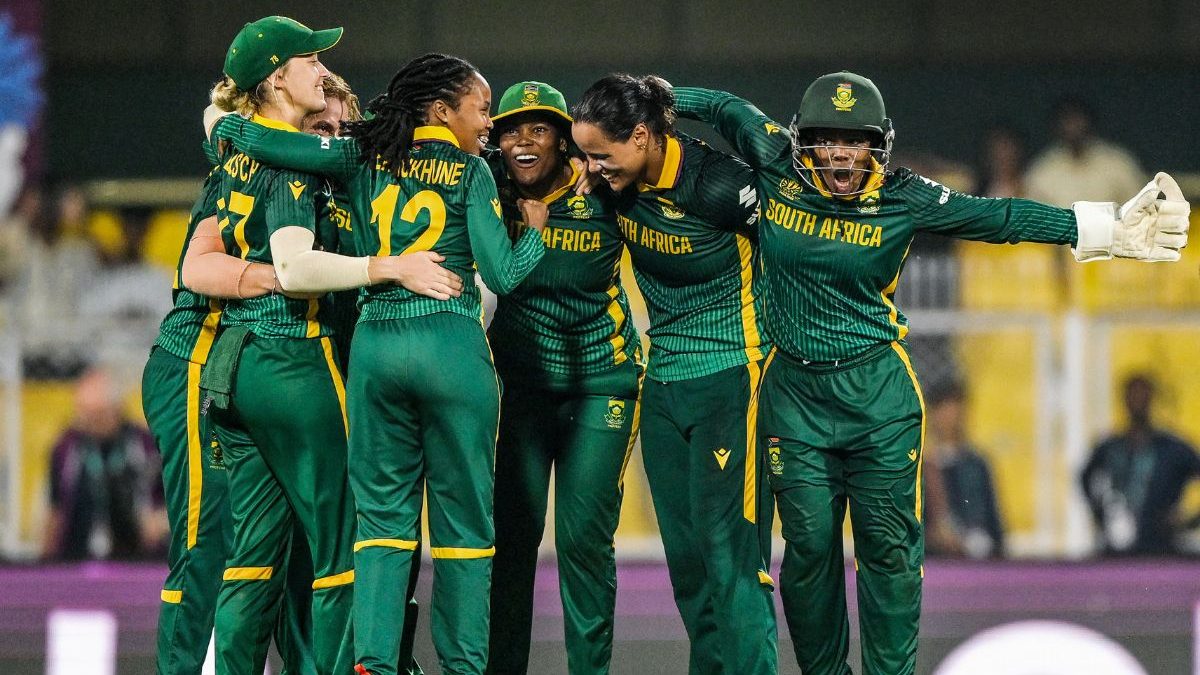)
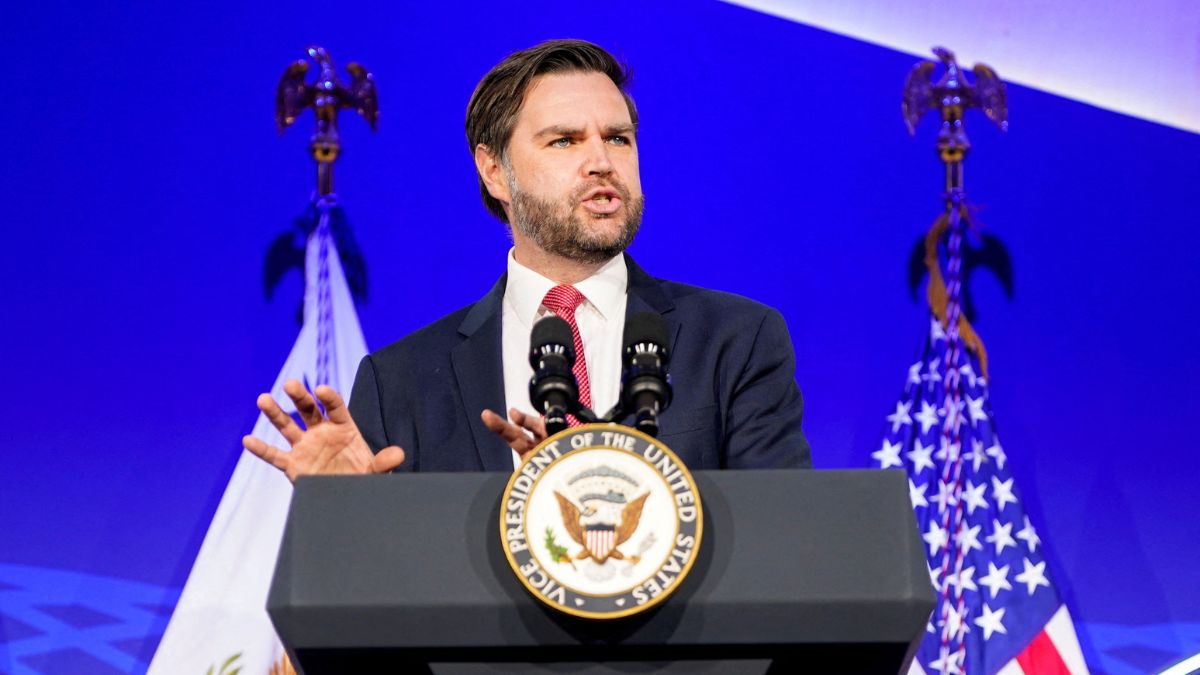)
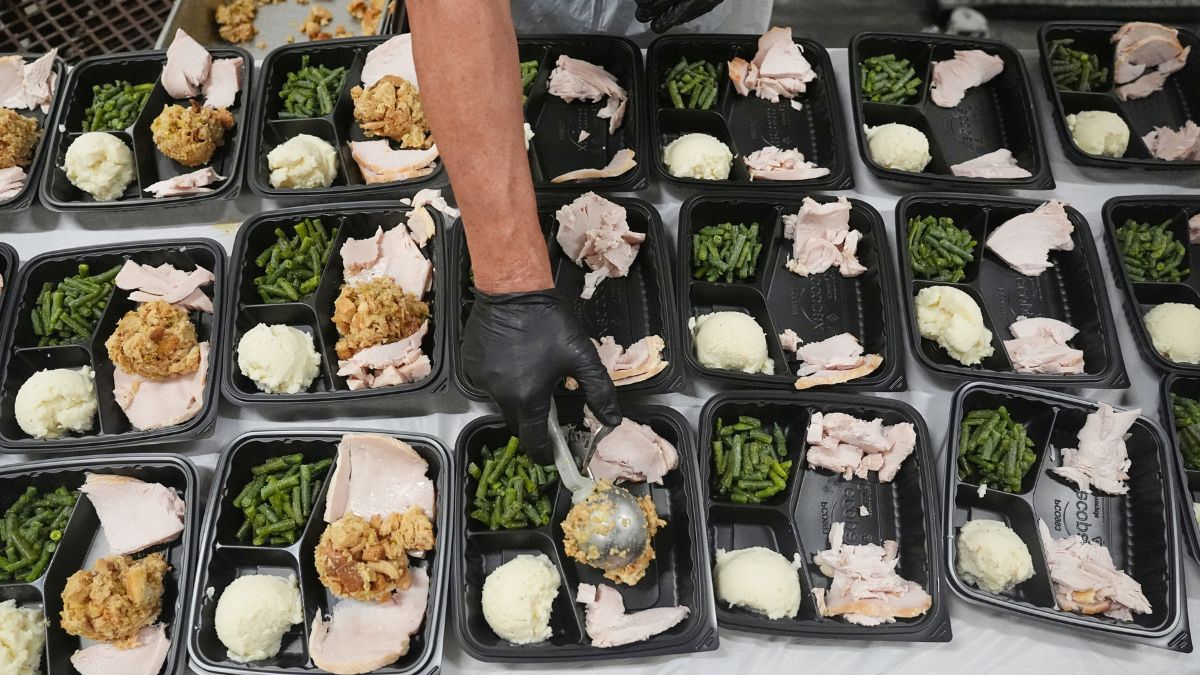)
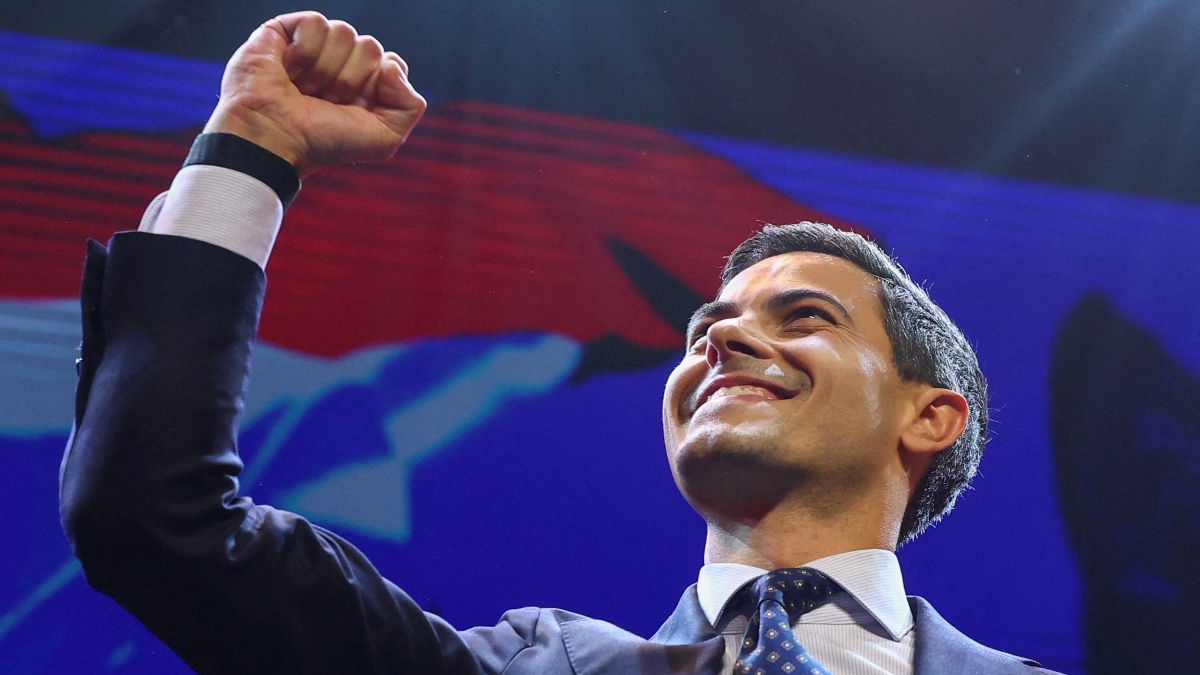)
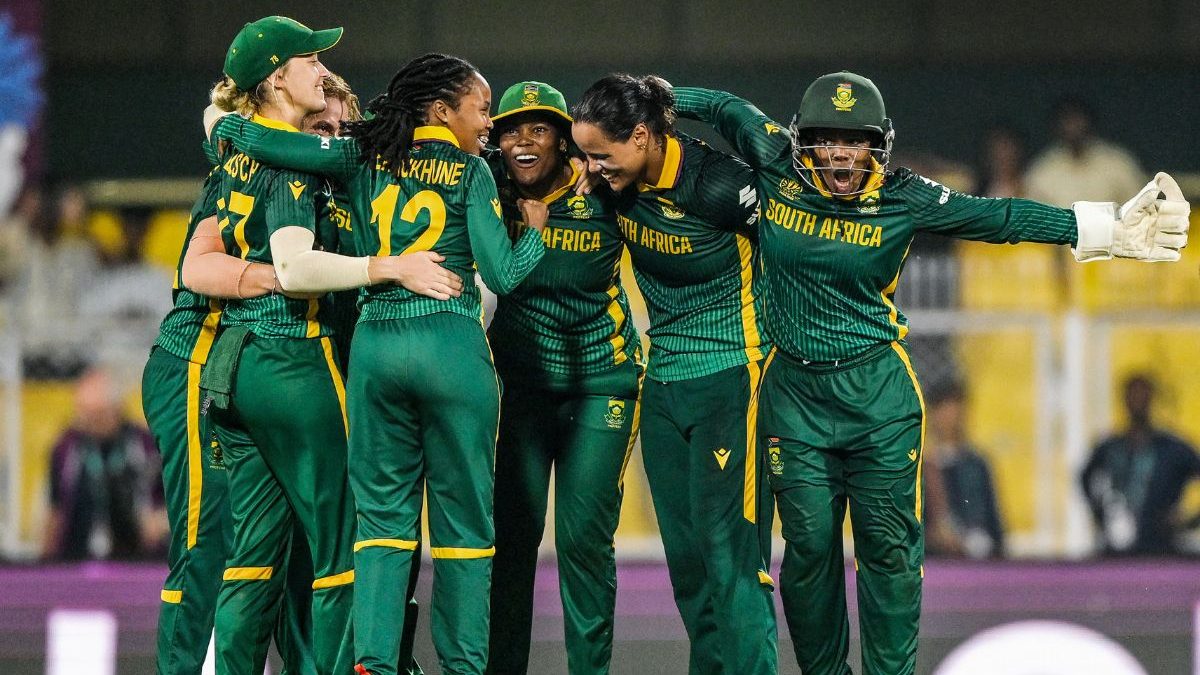)



